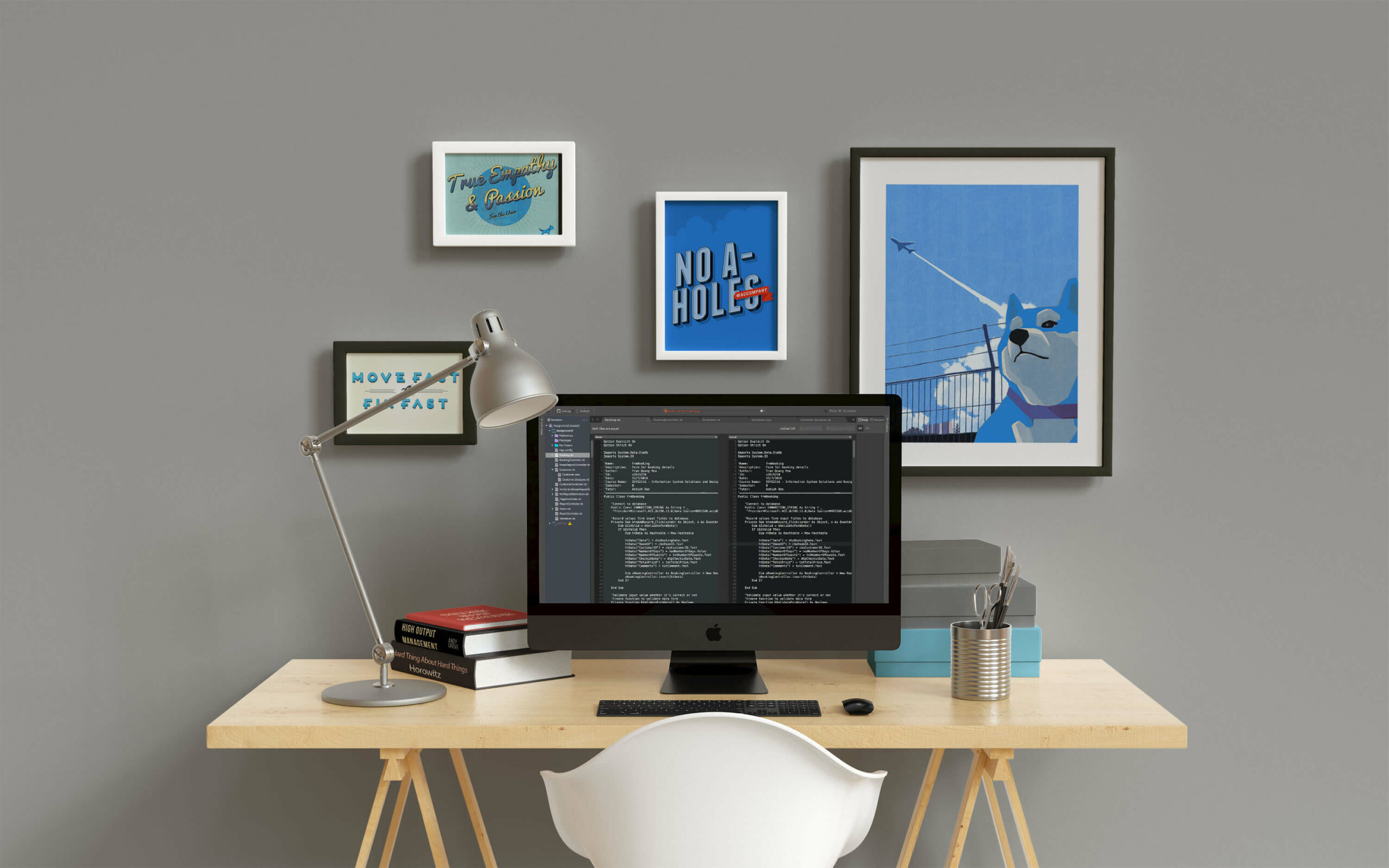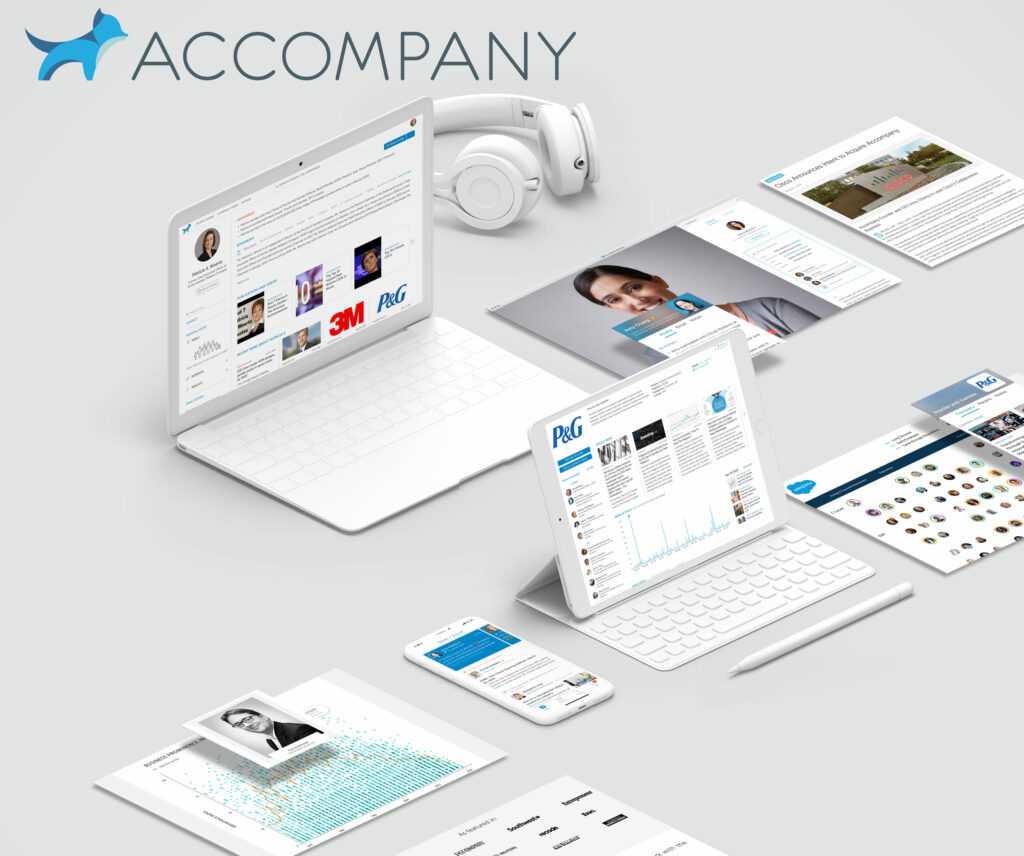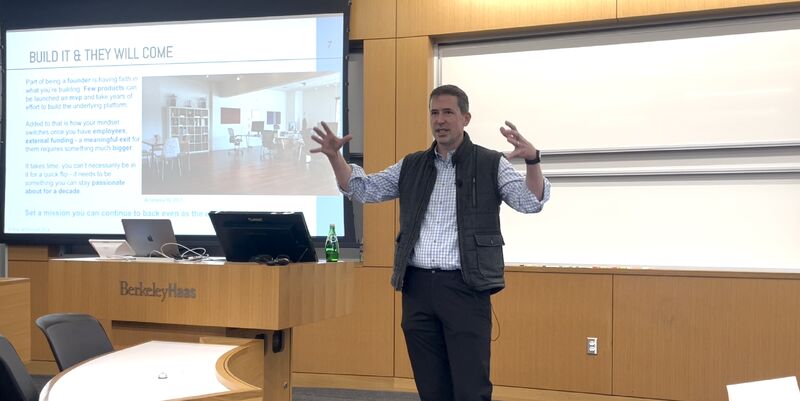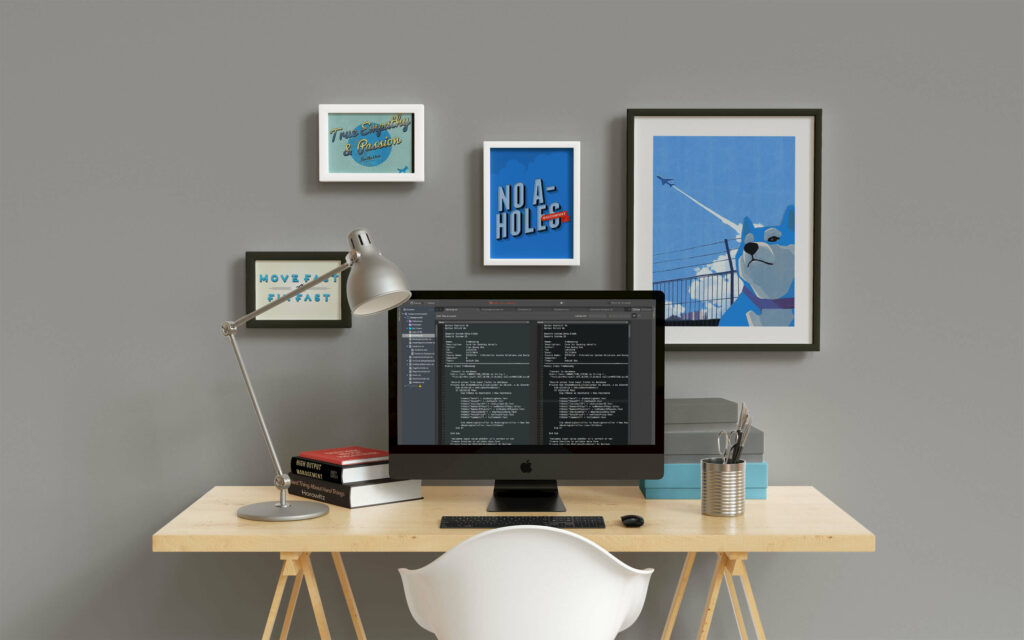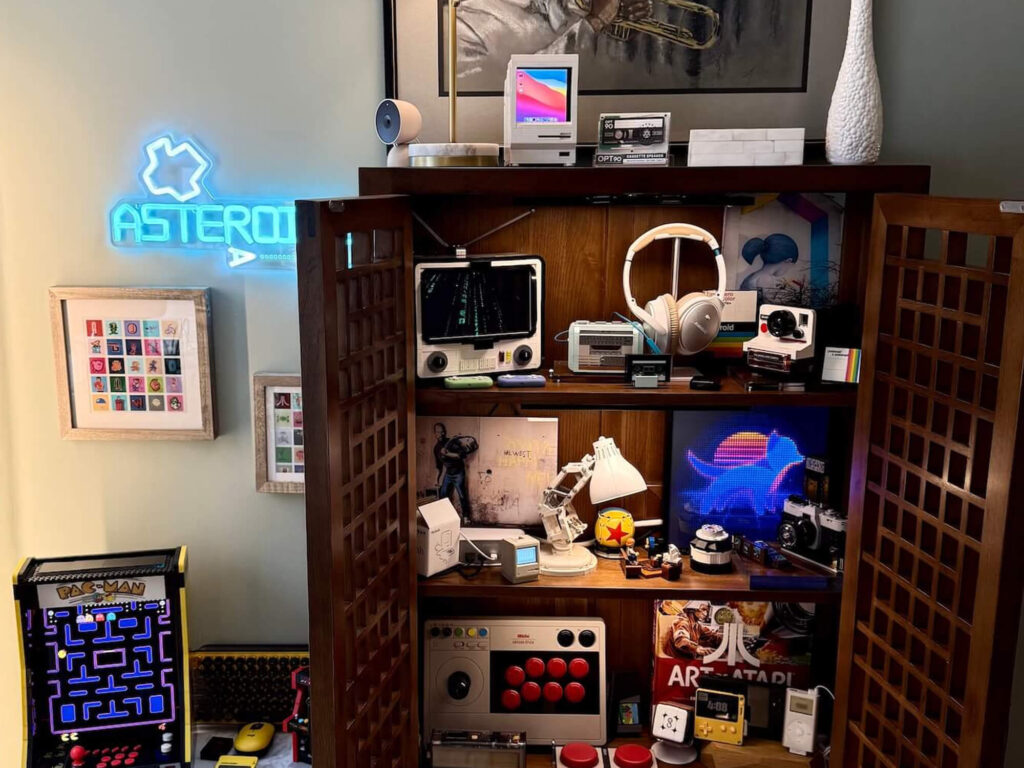
Cabinet of Curiosities
September 18, 2025 Cabinet of Curiosities TINKERING A living, rotating home for my nostalgia machines, music, and art—built to be explored by guests. The Room & Vibe Cabinet: Maria Yee Room & Board Upright Cabinet/Credenza A warm, modern display with wood grid that feels like





